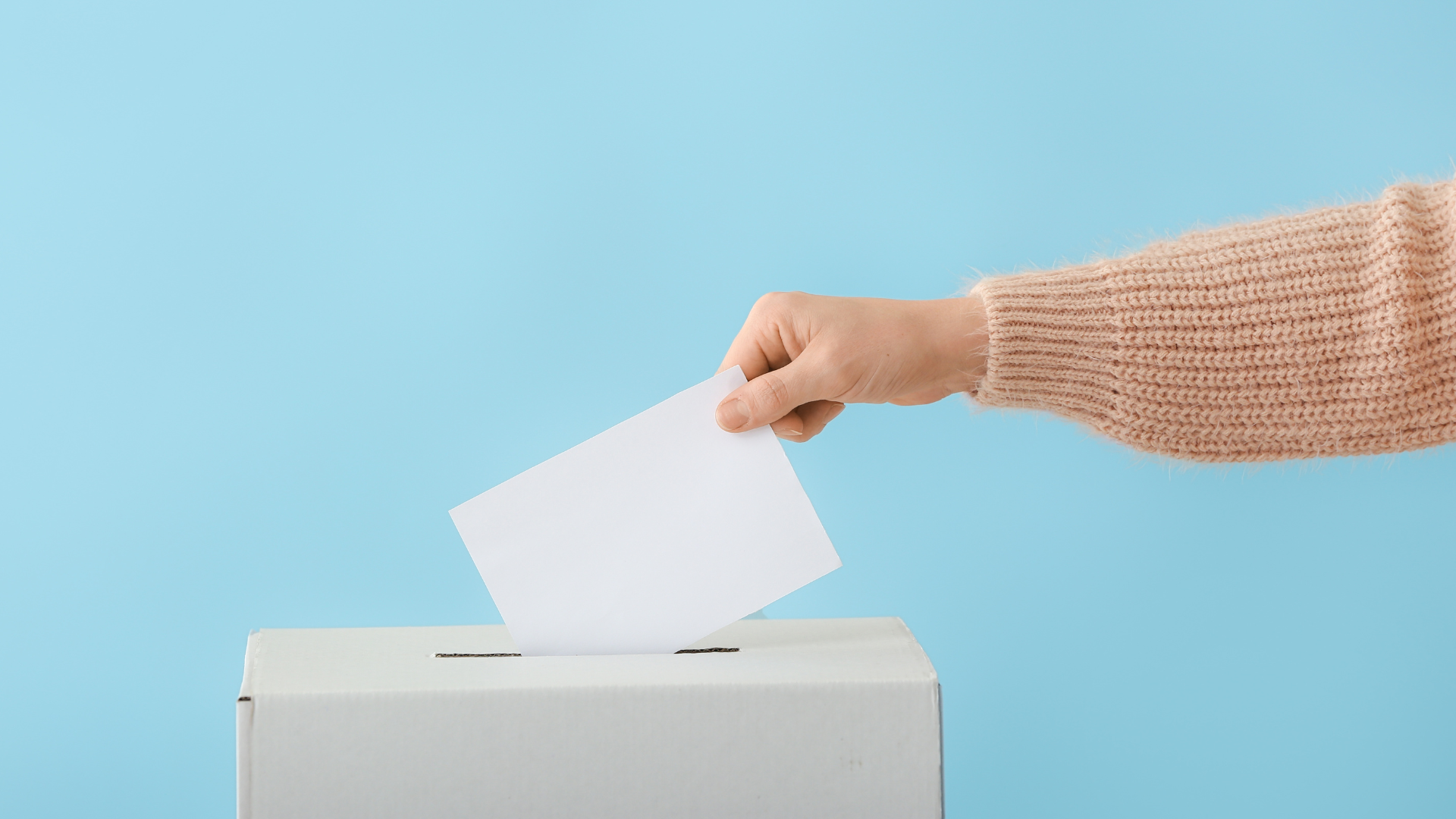Understanding Unaffiliated Voters in Utah: The Need for Open Primaries

In Utah, the term “unaffiliated voter” refers to individuals who choose not to register with any political party. Instead of aligning with Democrats, Republicans, or other minor parties, these voters prefer to remain independent, evaluating candidates based on their merits rather than party affiliation. However, this choice comes with significant limitations, particularly in Utah’s primary elections.
The Impact of Closed Primaries
Utah currently operates under a closed primary system, meaning that only voters registered with a specific political party can participate in that party’s primary elections. This system effectively excludes unaffiliated voters from having a say in selecting candidates for the general election. As a result, these voters cannot influence which candidates appear on the general election ballot, limiting their overall impact on the electoral process.
The Growing Influence of Unaffiliated Voters
Unaffiliated voters are a substantial and growing segment of Utah’s electorate. As of now, they make up 30% of the voting population, making them the second-largest voting group in the state. There are more unaffiliated voters in Utah than registered Democrats, highlighting the significant role they play in the state’s political landscape. Despite their numbers, their inability to participate in primary elections diminishes their influence on the overall political process.
The Importance of Primary Elections
Primary elections are crucial in Utah, as they often determine the outcome of general elections. In fact, 81% of general election winners in the state are decided during the primaries. This high percentage underscores the importance of primary elections in shaping the political direction of Utah. By excluding unaffiliated voters from this critical stage, the current closed primary system prevents a significant portion of the electorate from having a meaningful voice in selecting their representatives.
The Case for Open Primaries
To ensure every Utahn has a meaningful vote, many argue that Utah should adopt an open primary system. In an open primary, all voters, regardless of party affiliation, can participate in selecting candidates for the general election. This approach would allow unaffiliated voters to have a voice in the primaries, ensuring that their preferences are considered when determining the final candidates for office.
Open primaries promote a broader range of voter preferences, leading to a more representative and responsive government. By allowing all voters to participate in the primary process, Utah can ensure that its elections reflect the will of the entire electorate, not just those affiliated with a particular party.
Conclusion
Unaffiliated voters in Utah represent a significant and growing portion of the electorate, yet their influence is limited by the state’s closed primary system. Given that primary elections decide the vast majority of general election outcomes, the exclusion of unaffiliated voters from this critical process undermines the principle of equal representation. Adopting open primaries in Utah would ensure that all voters, regardless of party affiliation, have a meaningful voice in the electoral process, leading to a more fair elections.